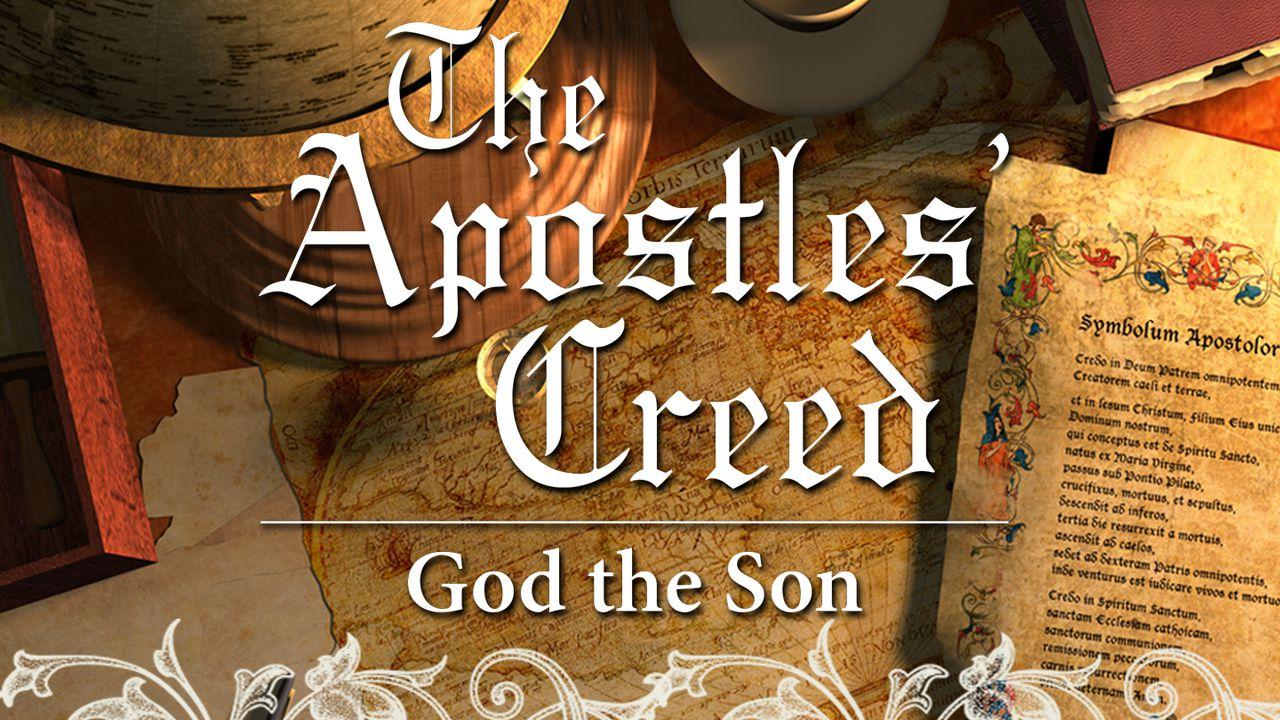The Apostles’ Creed: God The SonSample

Jesus’ Incarnation: John 1:1, 14
The theological term “incarnation” refers to Jesus permanently taking on a human nature. Literally, the word “incarnation” refers to “taking on flesh,” that is, a human body. But as we have seen, Christian theology has regularly maintained that Jesus also took on a human soul. So, when we speak of the incarnation in theology, we are generally referring to Jesus’ entire human nature. Scripture speaks of the incarnation of Christ in many places, such as John 1:1, 14; Philippians 2:6-7; and Hebrews 2:14-17.
John 1:1, 14 is probably the source of the technical term “incarnation.” Consider what John wrote there:
In the beginning was the Word, and the Word was with God, and the Word was God... The Word became flesh and made his dwelling among us (John 1:1, 14).
Notice that John said the Son of God “became flesh” — the literal meaning of incarnation. His point was that Jesus took a real human nature, including a real human body.
In the Apostles’ Creed, the works associated with Jesus’ incarnation are his conception and birth. We previously spoke of these events in terms of Jesus’ generation, and demonstrated that they prove his humanity. At this point, we want to consider these same events again, but from the perspective of Jesus’ work as Messiah. Why was the incarnation necessary? What did Jesus accomplish by it?
Scripture teaches that Jesus’ work of incarnation accomplished at least three things: First, it gave God the Son the legal right to be the Davidic king. Second, it gave him the mercy and sympathy he needed in order to be an effective high priest. And third, the incarnation was necessary in order for Jesus to become an atoning sacrifice for sin. Let’s briefly consider each of these points, beginning with the fact that the Davidic king had to be a human being.
We have already mentioned that the messiah had to be human in order for God to keep the promises he made to David. So at this point, we want to consider how Jesus’ work of incarnation gave him the right to David’s throne. The problem before us is that the legal right to inherit David’s throne could only be inherited by sons. So, Jesus could only claim David’s throne if he had a human father who descended from David.
To solve this problem, Jesus became incarnate through the Virgin Mary, who was betrothed to Joseph. And as we see in Jesus genealogies in Matthew 1 and Luke 3, Joseph was a direct legal descendant of David. So, when Joseph married Mary and adopted Jesus, Jesus obtained the legal genealogy of Joseph, and with it the right to be the messianic king.
Besides giving God the Son the legal right to be the Davidic king, the incarnation gave the him the mercy and sympathy he needed in order to be an effective high priest on behalf of his people.
About this Plan

This reading plan speaks of the divinity of Jesus Christ, looking at things like the nature of his divinity, and his relationship to the other members of the Trinity. It looks at his humanity, and discusses the relationship between his divine and human natures. And it talks about his work both during and after his earthly ministry.
More









